When Donald Trump returned as U.S. President in 2025, it brought a big question to the world: What will happen to the United Nations (UN)? Trump has always believed in “America First,” meaning he doesn’t like the U.S. spending too much money or taking too many responsibilities in international organizations like the UN.
In this blog, we will explore how Trump 2.0’s policies might affect the United Nations, including potential funding cuts, less cooperation with other countries, and the challenges the UN could face as a result.
Table of Contents:
- What is the UN and Why Does the U.S. Matter?
- Potential Challenges the UN Might Face Under Trump 2.0
- Conclusion
What is the UN and Why Does the U.S. Matter?
The United Nations (UN) is an international organization made up of 193 member countries. These countries have agreed to work together on big global problems that no single country can solve alone.
Some of the main goals of the UN include:
- Keeping peace around the world: The UN sends peacekeepers (soldiers and officers from many countries) to war-torn areas to prevent more violence and help create peace.
- Helping during crises: When disasters strike like earthquakes, floods, wars, or famines, the UN provides food, shelter, medicine, and support through its agencies like the World Food Programme (WFP), UNICEF, and the UN Refugee Agency (UNHCR).
- Protecting human rights: The UN works to make sure all people, everywhere, are treated fairly and with dignity, regardless of their country, religion, race, or gender.
- Fighting big global problems: This includes things like extreme poverty, hunger, climate change, access to education, gender equality, and health care.
Why is the U.S. So Important to the UN?
The United States is one of the founding members of the UN and plays a very big role:
- It gives the most money to the UN, funding about 22% of its regular budget and around 25–27% of its peacekeeping budget.
- The U.S. is also a permanent member of the UN Security Council, which means it has a powerful voice in global decisions (and can even veto actions it disagrees with).
- U.S. leadership often influences how other countries respond to world events.
Potential Challenges the UN Might Face Under Trump 2.0
Here are the following problems that might occur in Trump 2.0.
1. Cutting UN Funding
Trump doesn’t like the idea of the U.S. spending a lot of money on international organizations. In his first term, he cut U.S. funding to many UN programs.
In Trump 2.0, he might:
- Cut even more money from the UN.
- Stop funding programs that help refugees, fight hunger, or promote peace.
- Make the UN struggle to pay for important missions around the world.
Less U.S. money = Fewer resources for the UN to help people.
2. Pulling Out of UN Agreements
Trump doesn’t trust many global agreements. In the past, he:
- Left the Paris Climate Agreement.
- Pulled out of the UN Human Rights Council.
- Stopped funding for the UN agency that helps Palestinian refugees.
In Trump 2.0, he might leave or ignore more UN programs, especially those that don’t match his political views.
This makes the UN weaker because the U.S. is one of the biggest and most powerful members.
3. Less Multilateralism (Less Teamwork)
The UN works best when countries cooperate and solve problems together.
But Trump believes in acting alone, not as part of a team.
So:
- The U.S. may not follow UN decisions.
- It might block or veto important UN resolutions.
- It may refuse to lead in solving global issues like climate change or war.
This can make the UN less effective at keeping peace and tackling worldwide problems.
4. UN Might Change Without U.S. Leadership
If the U.S. pulls back under Trump 2.0:
- Other countries like China, Russia, or European nations might fill the gap.
- The UN may become less dependent on the U.S.
- It could even become more balanced, but also more divided.
So, Trump’s return may not destroy the UN, but it might change how it works forever.
Conclusion
Trump 2.0 could make things difficult for the United Nations by cutting funding, pulling out of important agreements, and not working well with other countries. This might weaken the UN and make it harder for it to help people around the world. However, the UN is strong and has faced challenges before, so with support from other countries, it can still survive and keep doing its important work, just in a different way.
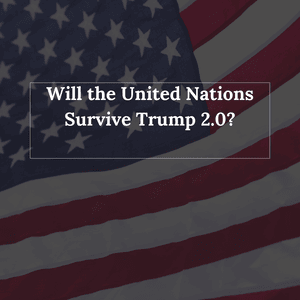
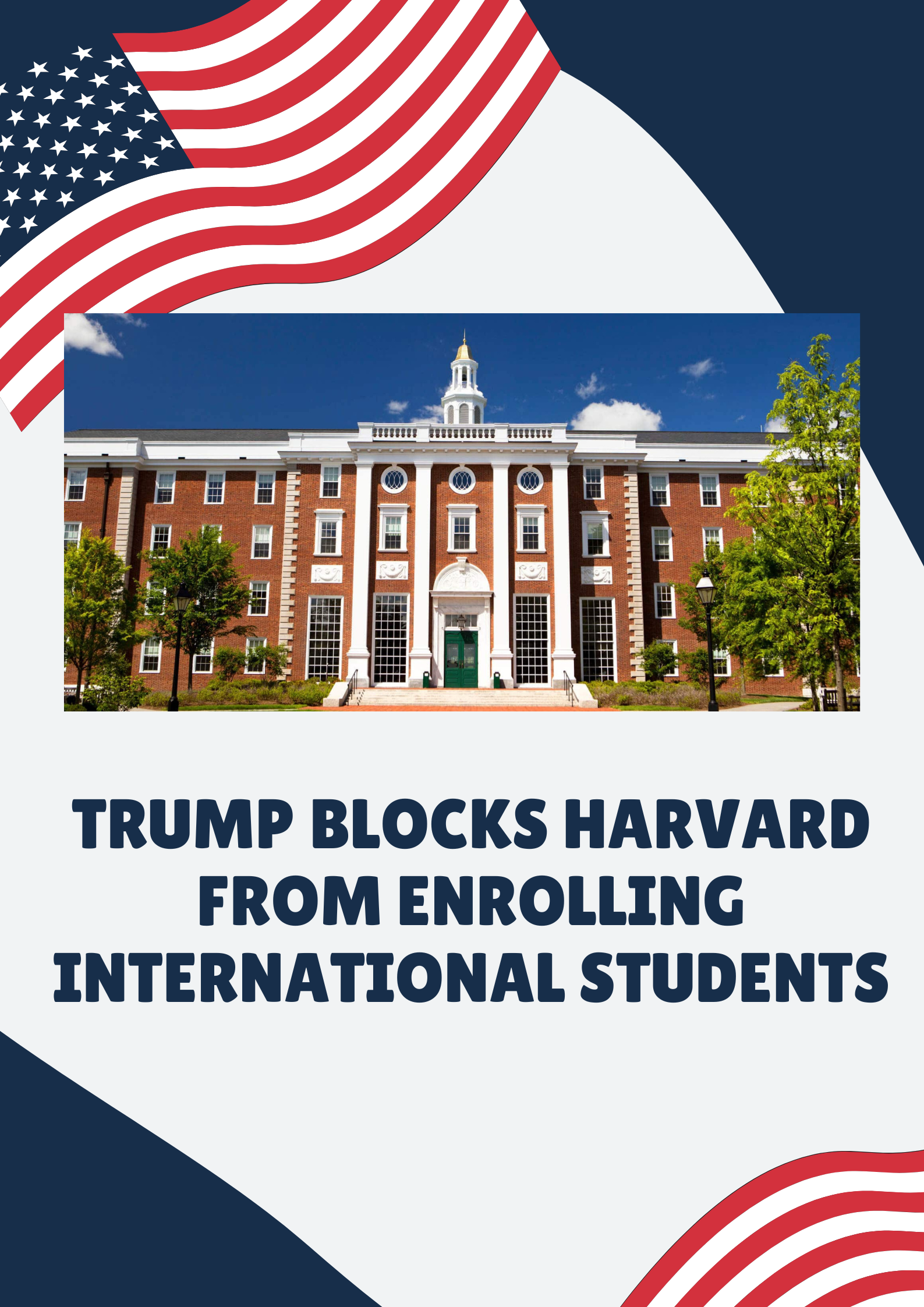

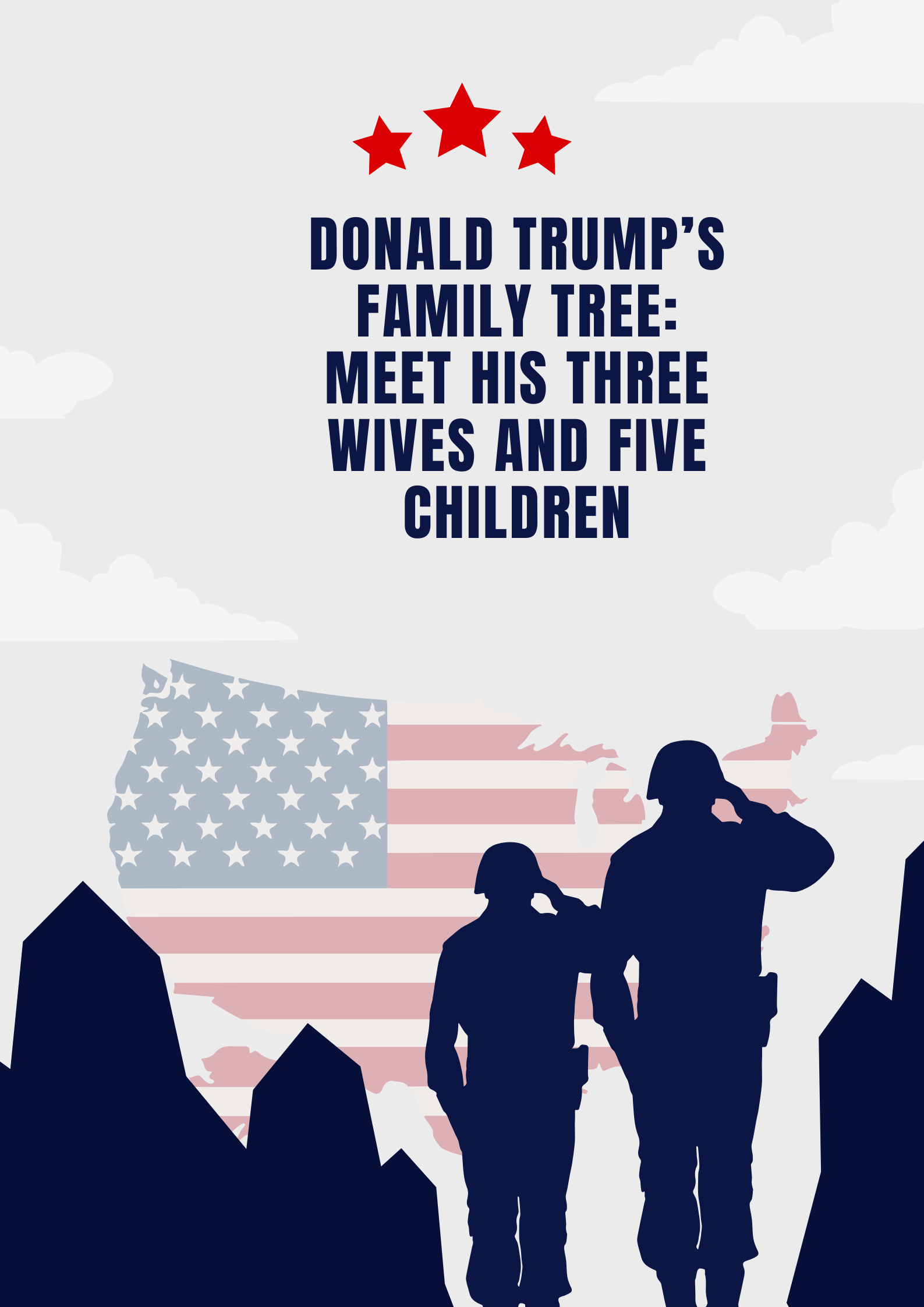
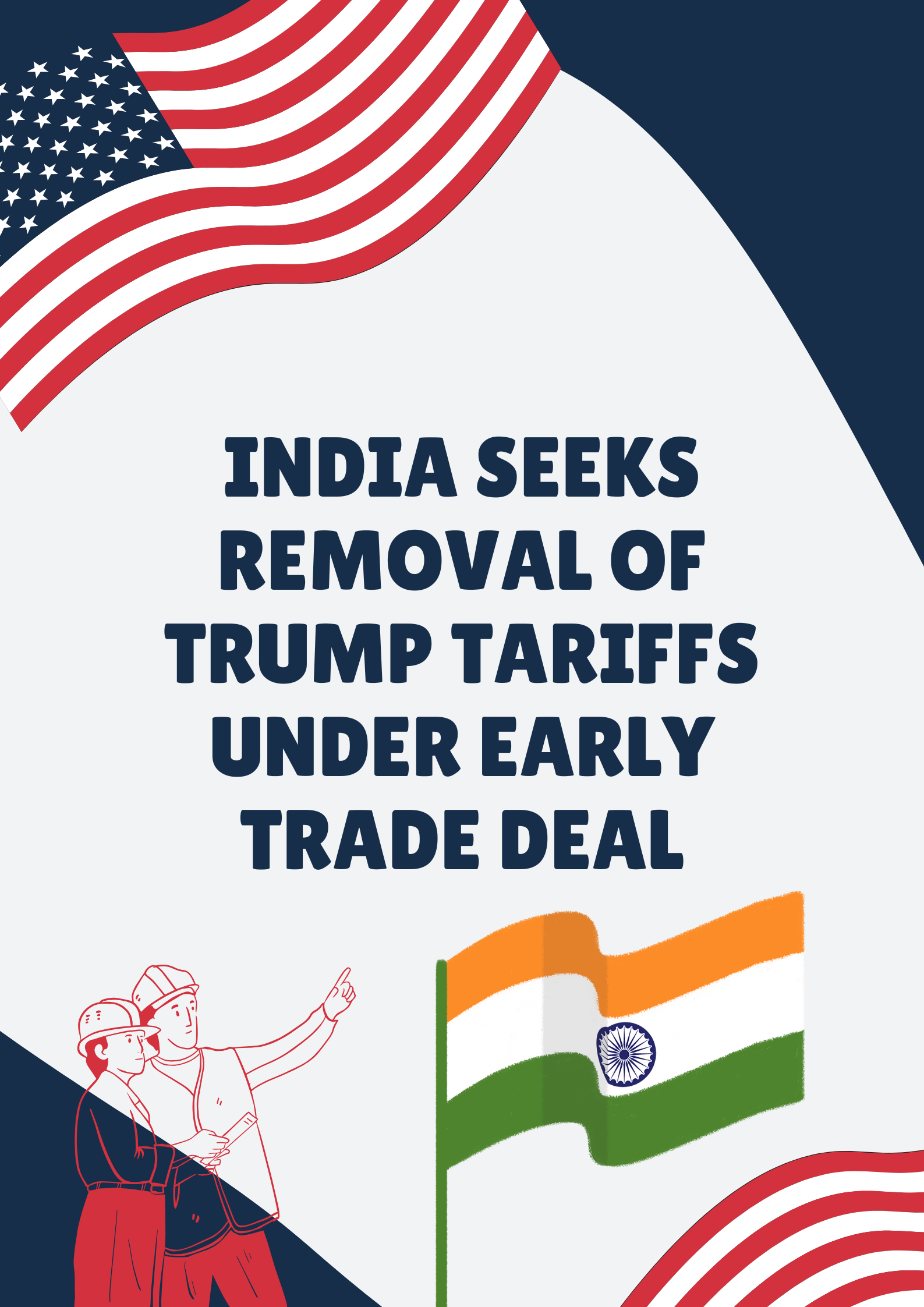



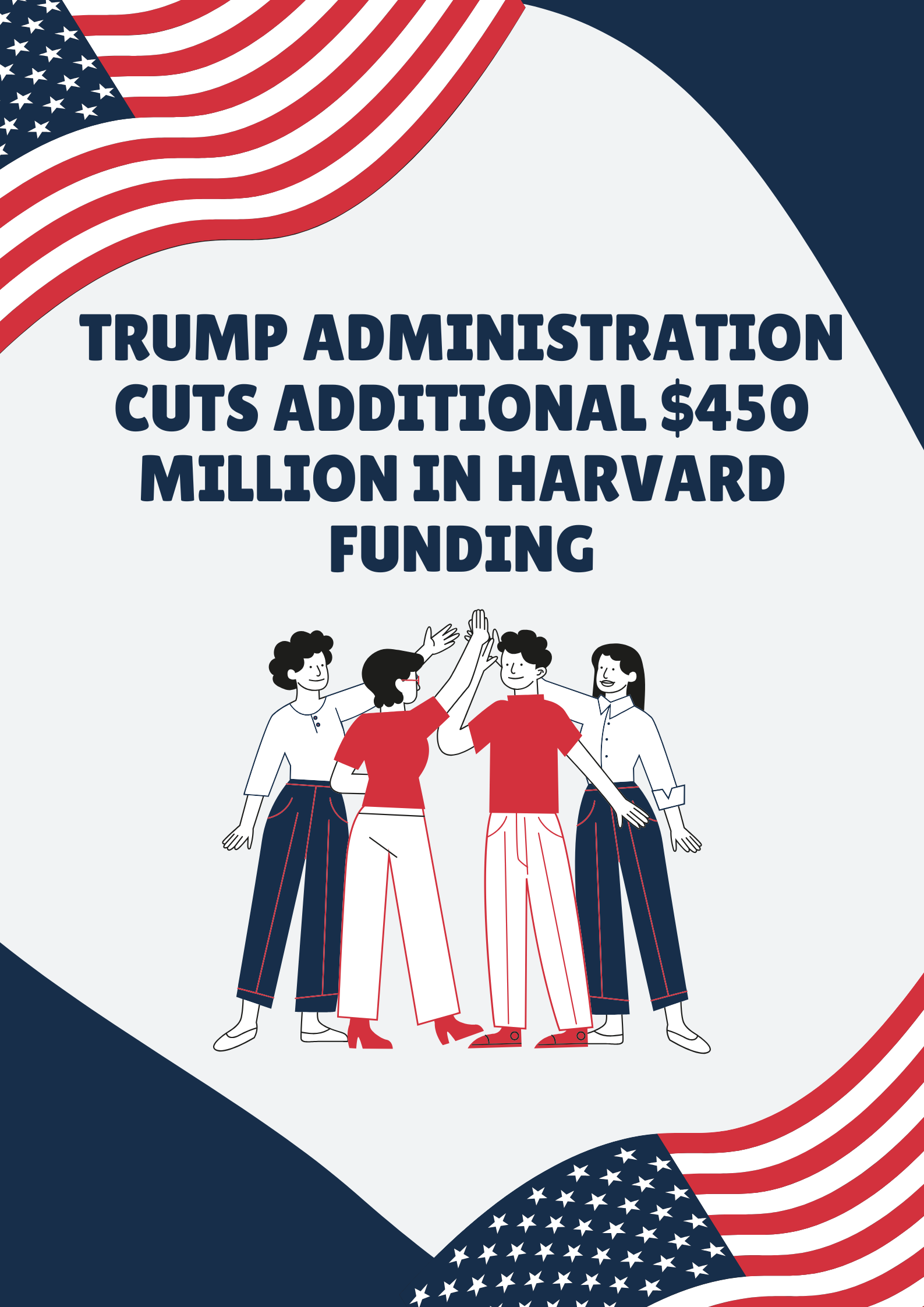
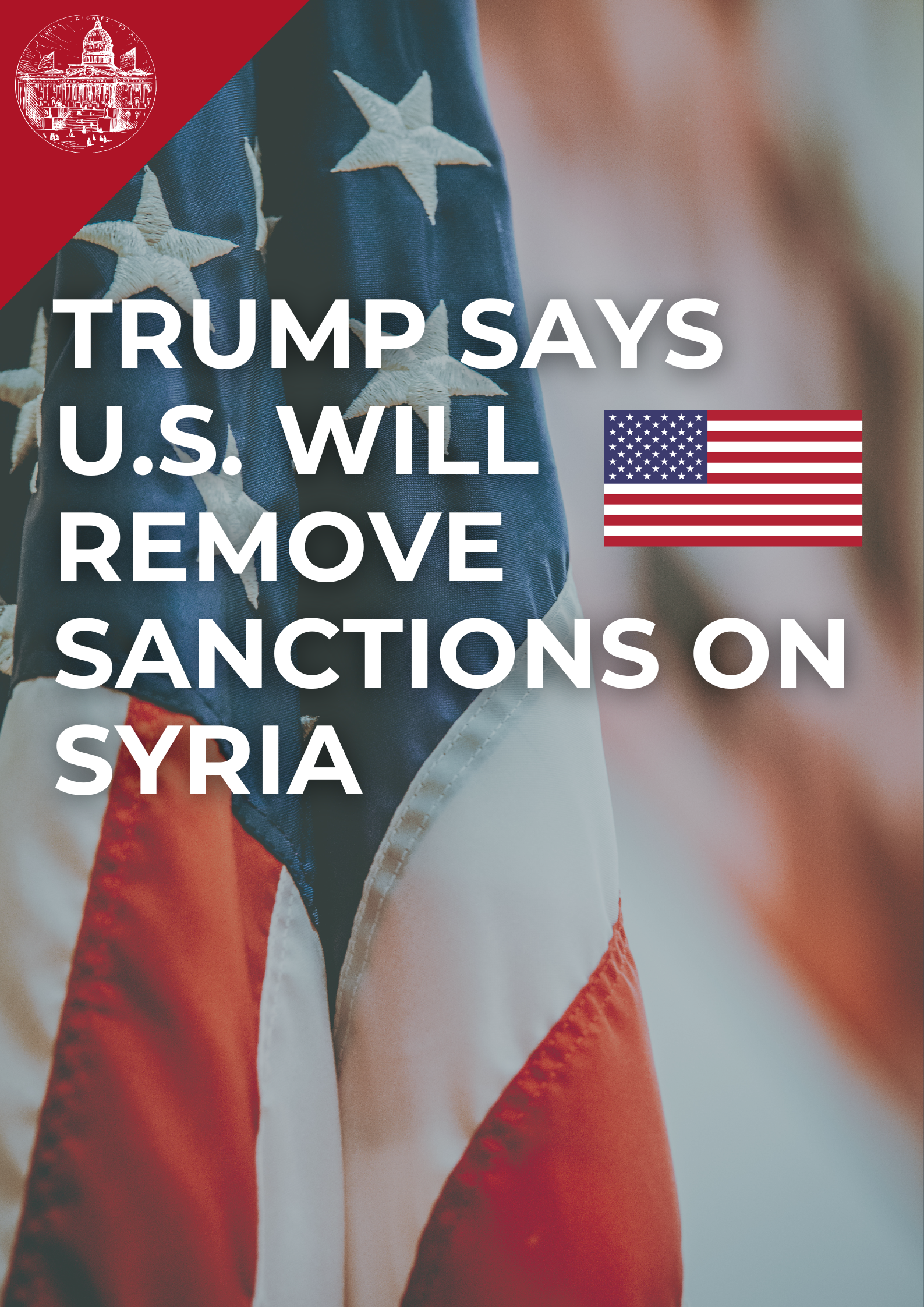

Leave a Reply